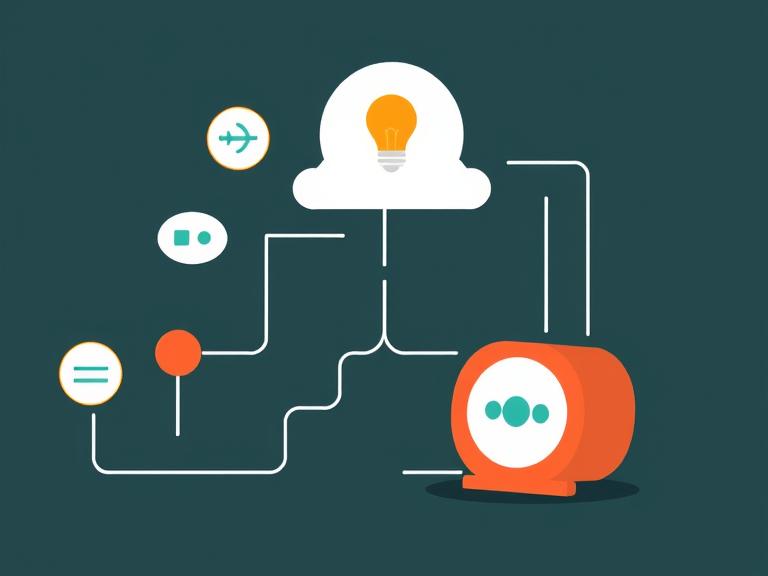Jenkins is one of the most popular open-source tools for implementing Continuous Integration (CI). It automates the process of building, testing, and deploying software, enabling developers to detect errors quickly and deliver updates more reliably.
What is Continuous Integration? CI involves automatically testing code every time it’s pushed to a shared repository. This helps catch bugs early and ensures the application remains functional with every update.
Why Jenkins?
- Open-source and highly customizable.
- Supports hundreds of plugins.
- Integrates with Git, Docker, Maven, Gradle, and more.
- Web-based interface for pipeline monitoring.
Jenkins workflow:
- Developer pushes code to Git.
- Jenkins detects changes (via webhook or polling).
- It pulls the latest code, builds the app, and runs tests.
- If successful, Jenkins can deploy to a staging or production environment.
Jenkinsfile example:
groovyКопироватьРедактироватьpipeline {
agent any
stages {
stage('Build') {
steps { echo 'Building...' }
}
stage('Test') {
steps { echo 'Testing...' }
}
stage('Deploy') {
steps { echo 'Deploying...' }
}
}
}
Jenkins supports both freestyle projects and declarative pipelines. It’s used by teams of all sizes, from startups to enterprises, to streamline development and improve delivery velocity.
For anyone involved in DevOps or software delivery, learning Jenkins is a solid step toward mastering CI/CD.


Leave a Reply